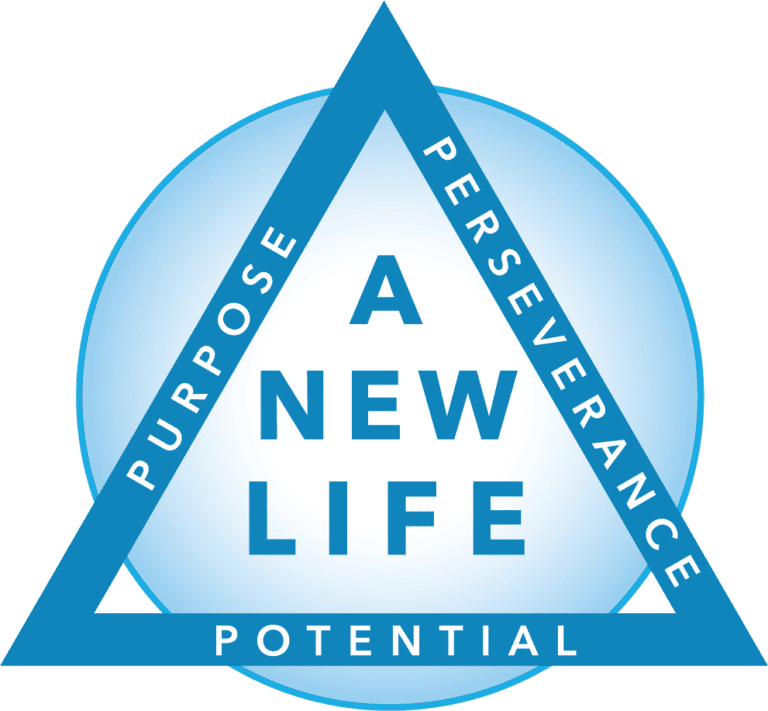Halfway houses are crucial in helping individuals transition from treatment centers back to independent living. These environments offer more than just temporary residence; they provide residents with essential life skills for sustaining long-term recovery and achieving personal success. In this blog, we’ll explore the various life skills taught in halfway houses and how these skills empower individuals to navigate life with confidence and independence.
Understanding Halfway Houses

Halfway houses serve as a bridge between in-patient treatment and independent living. They offer a structured and support environment where residents can gradually adjust to life outside therapy while receiving ongoing support and guidance. The focus is helping individuals develop the skills and habits necessary for sobriety and leading successful independent lives.
Budgeting: Managing Finances Wisely
One of the significant life skills taught at halfway homes is budgeting. This teaches residents how to manage their money effectively, which is essential, especially for independent living. Typically, the classes on budgeting cover the following:
Income and Expenses: Knowing the difference between income and expenses and ways of balancing them.
Savings: Understanding the need to save money for unexpected occurrences and future objectives.
Debt Management: Various strategies for handling debt, e.g., credit cards.
Residents with these financial abilities are often able to avoid many common slips that may endanger their recovery and stability.
Time Management: Prioritizing Responsibilities

Time management is also a very crucial skill emphasized in halfway homes. Good time management enables residents to balance their responsibilities and commitments, reducing stress and increasing productivity. It covers:
Daily Scheduling: They create a daily routine that includes when to be at work, meeting schedules, and personal time, among other things.
Goal Setting: They should set short-term and long-term goals, as well as targets for action.
Prioritization: Ranking tasks according to importance and deadlines set.
These skills are essential in that they will help the patients build discipline, one thing that every person with an addiction needs to recover from their addiction.
Communication: Building Healthy Relationships
Effective communication is the basis of developing and maintaining healthy relationships, personal or work. In halfway houses, residents learn this through:
Active Listening: The value of attentiveness and understanding when listening to others.
Assertiveness: Confidence and respectful expression of ideas and emotions.
Conflict Resolution: Techniques that can be apply to resolve conflicts constructively without confrontation.
Enhanced communication skills enable residents to interact positively with others and establish supportive relationships that are important in maintaining their recovery process.

Employment Readiness: Preparing for the Job Market
Finding stable employment is a significant milestone towards attaining independence and self-reliance. These are standard programs offered in many halfway houses:
Resume Writing: One makes a professional resume that shows their skills and experiences.
Interview Preparation: This involves practicing some typical interview questions, among other things, to build self-confidence during an interview session.
Job Search Strategies: Effective ways through which one can find job openings as well as growth opportunities
These activities boost confidence levels while enabling them to gain and retain jobs, contributing to their economic stability and self-esteem.
Health and Wellness: Sustaining Physical and Mental Well-being
Sustaining general wellness is essential in long-term recovery. Halfway houses emphasize the importance of:
Nutrition and Exercise: Know the significance of balanced dieting and regular physical activity when maintaining health.
Stress Management: Techniques like mindfulness, meditation, and relax exercises are effective in managing stress.
Mental Health: Understanding why mental health care matters & how to find the right therapist or counselor if necessary.
Adopting healthier behaviors can improve residents’ physical condition, thereby supporting their journey toward restoration mentally and physically.
Personal Responsibility: Accountability and Self-Discipline
Personal responsibility forms a fundamental tenet in successful independent living. Residents learn this from halfway houses, which include:
Accountability: Accepting the consequences of their choices and deeds.
Self-Discipline: Developing the habit of adhering to set schedules or rules.
Honesty: Building trust with others by being honest with them and oneself.
Residents should embrace personal responsibility to become self-dependent and live independently.

Building a Support Network: Fostering Connections
A strong supportive network is vital for long-term recovery. In halfway houses, residents are encouraged to:
Connect with Peers: Associate freely with other clients who have experienced what their counterparts have also gone through.
Engage in Community Activities: Join community organizations that help one establish their identity within the neighborhood.
Seek Professional Support: People can talk to psychologists and counselors or attend meetings at AA group centers, among other places, whenever they need guidance in solving life challenges.
Such a system provides the motivation required for the recovery process and helps individuals meet different challenges throughout their lifetime since they cannot always overcome them alone.
Call A New Life Sober Living Would you like to start a sober life? At A New Life Sober Living, we assist you in learning important life skills while obtaining advice needed during your journey through recovery. To find out more about our services, call us today. Make your future independent and brighter. Begin your path toward lifetime sobriety now!






